Refuges
-
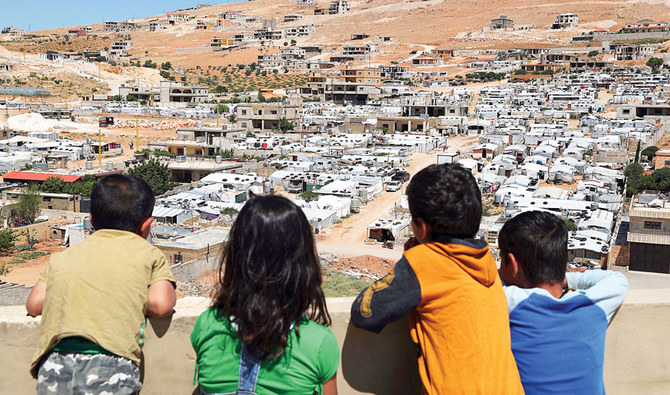
What the EU-Lebanon Agreement Means for Syrian Refugees
•
European Commission President Ursula von der Leyen visited Beirut and announced a billion-euro support package for Lebanon, focusing on banking, infrastructure, and border security to manage migration and potentially facilitate voluntary refugee returns. This move aligns with the EU’s broader policy to confine migration by funding third countries to detain…
-
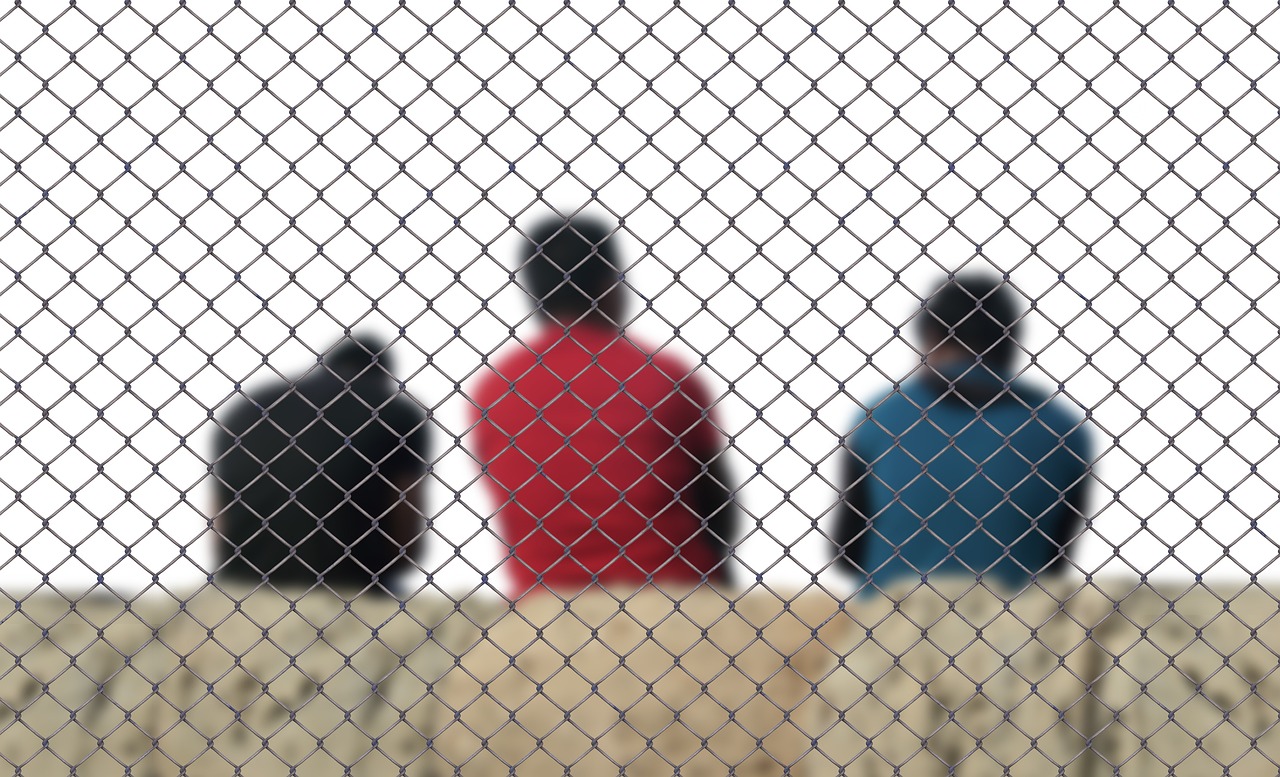
Voices from the Shadows:
Inside Sweden’s Deportation Camps•
Berham Mohammad, a Kurdish refugee in Gothenburg, recounts the harrowing conditions in a Swedish camp that resembles a prison-like environment with psychological warfare, inhumane treatment, and repeated violations of human rights. Incarcerated with other refugees, some long-term residents face forced returns, while harsh daily living conditions provoke hunger strikes and…
-
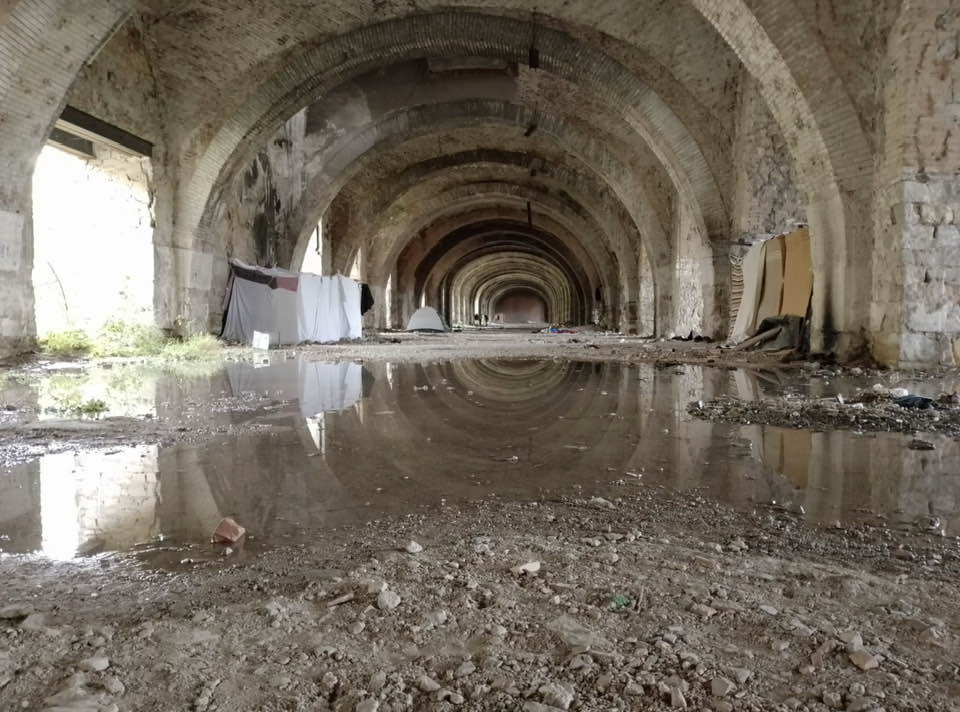
Forgotten Refugees of the Balkan Route
•
Trieste’s Piazza della Libertà and the nearby Silos warehouses have become a hub for migrants, mostly from Afghanistan and Pakistan, fleeing violence and seeking asylum. They endure harsh living conditions, with inadequate shelter, facing winter cold and illness. Volunteers provide some aid, while local organizations struggle to house the 420…
-
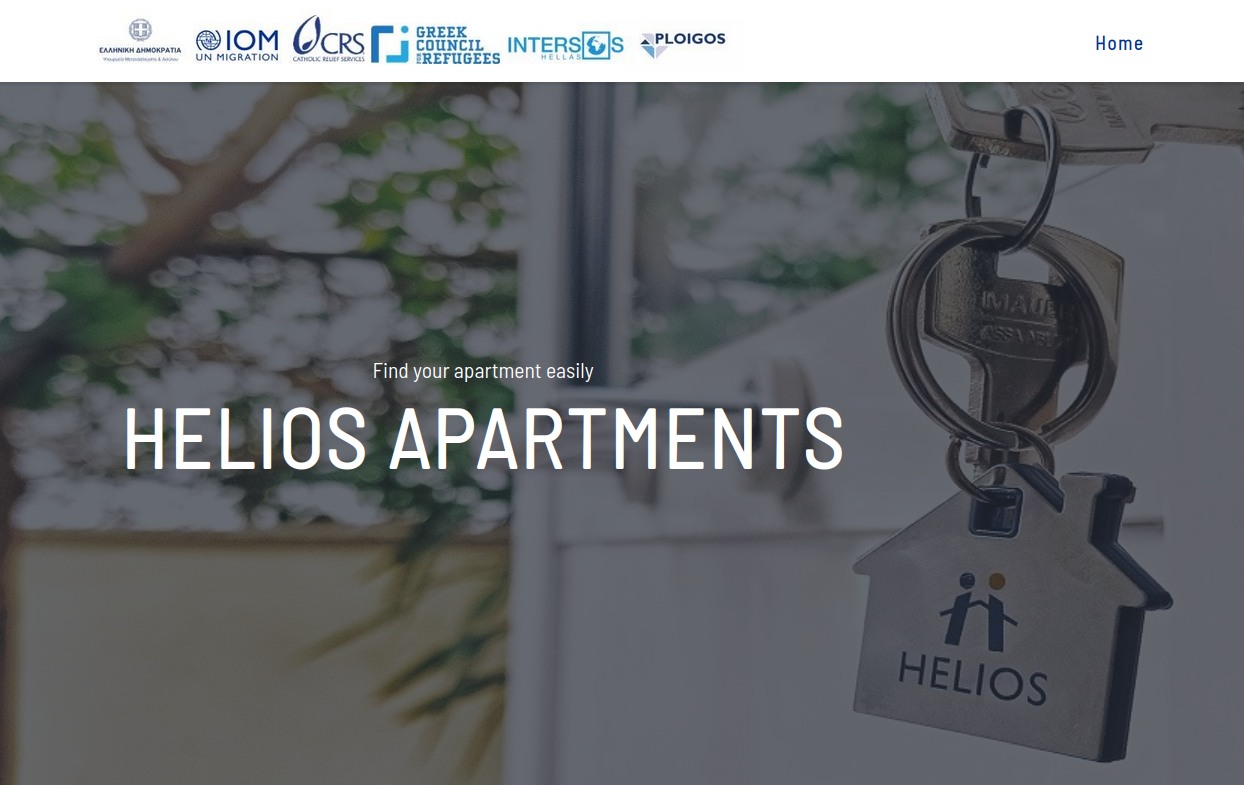
Greece: The Uncertain Future of the Helios Program
•
The HELIOS refugee integration project in Greece, managed by the International Organization for Migration and the Greek Ministry, was abruptly halted due to funding shortfalls since early 2024, leaving many refugees vulnerable to homelessness. The suspension hinders access to housing support, language courses, and employment resources. Funding inconsistencies and bureaucratic…
-
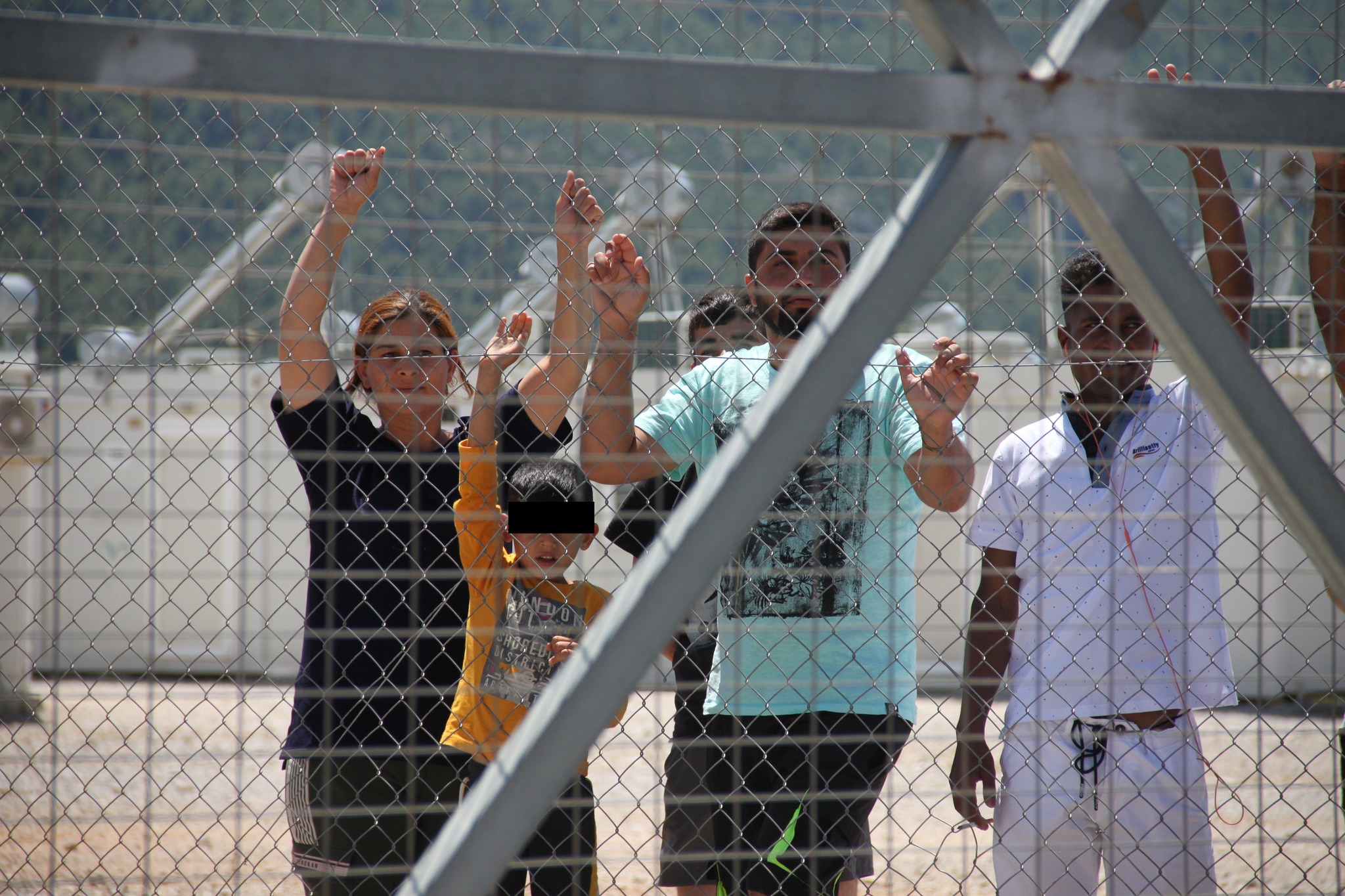
Behind the Bravado:
The Human Costs of Mitsotakis’ Falsehoods•
Greek Prime Minister Kyriakos Mitsotakis boasted about excelling in migration management at a recent conference, but crucial issues were conveniently omitted. Violations of international laws and human rights, pushbacks of thousands of refugees, and a tragic shipwreck involving over 650 lives paint a different picture. European Commission’s silence and financial…
-
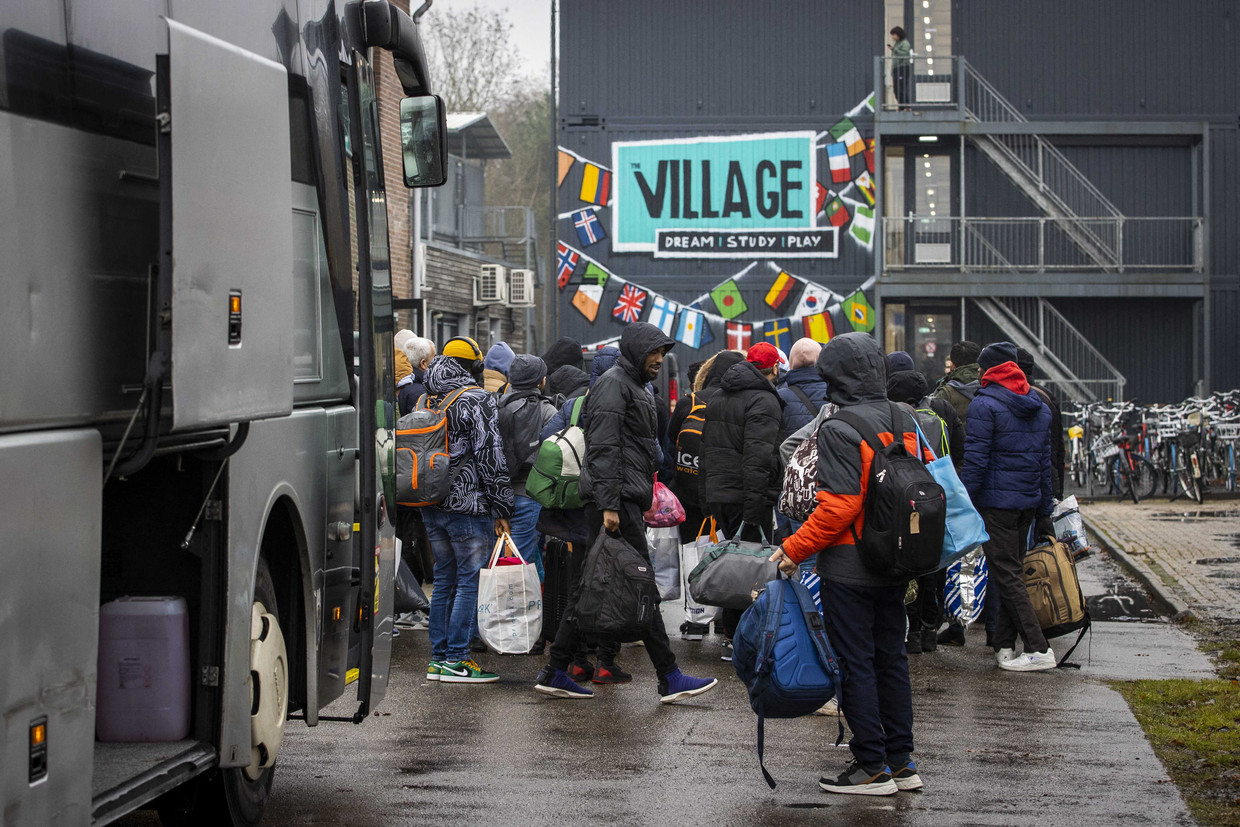
Alongside the Refugees:
What Happens in Refugee Camps?•
Where is the refugee camp? Everyone knows there are refugee camps in the world that are not good places. No one says much more about refugee camps. Those who live there try to deny it. Then, when they leave the camp, they prefer not to look back and not talk…
-
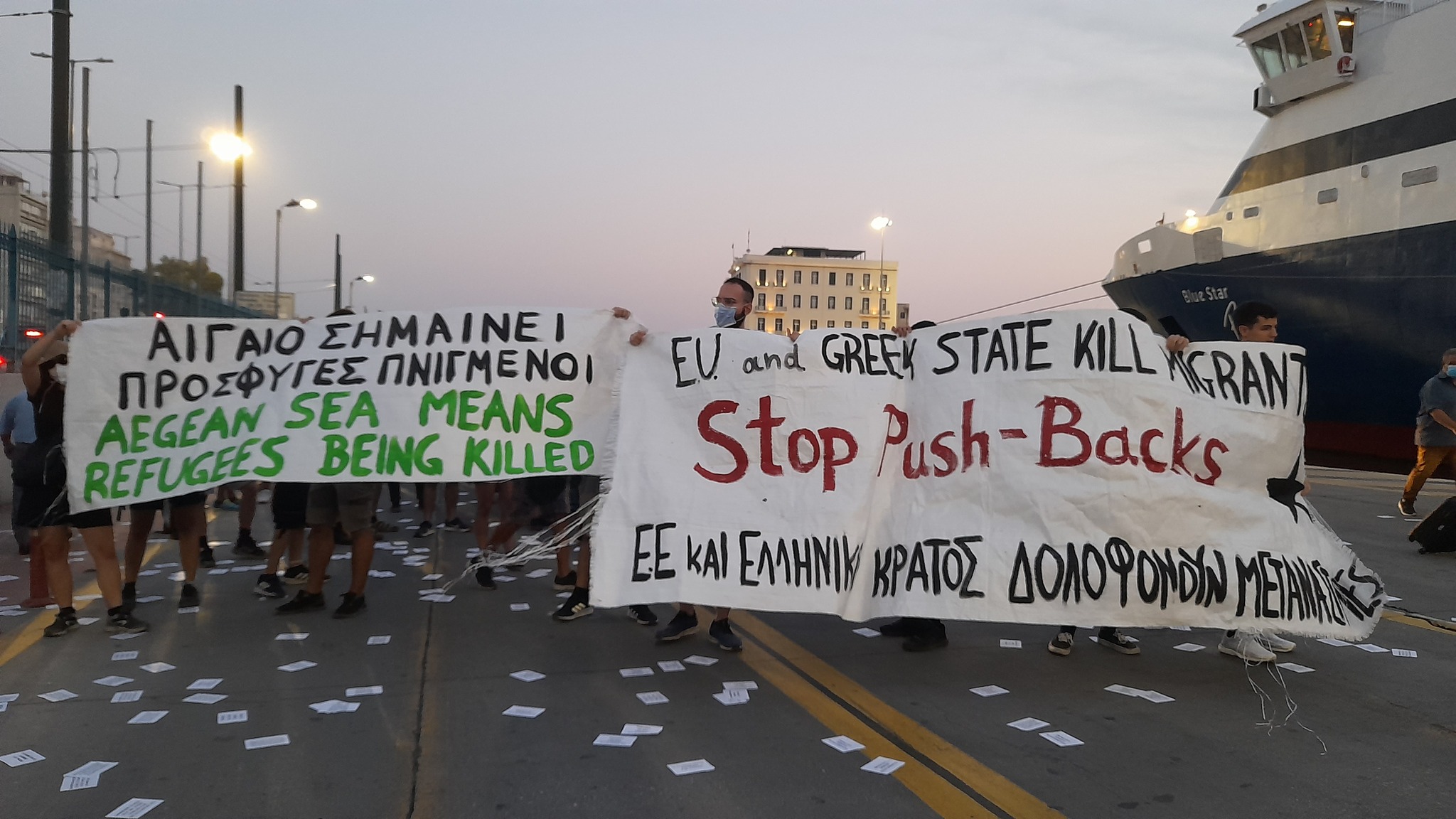
Decoding Injustice in Greece:
Çelik’s Battle Against 155-Years Prison•
In Greece, a “pushback” strategy targeting refugees has led to a systematic environment of violence and arbitrary detentions. One victim, Mehmet Çelik, who sought refuge in Europe after facing legal issues in Turkey, was sentenced to 155 years in prison despite the prosecutor recommending acquittal. He and several other refugees…
-
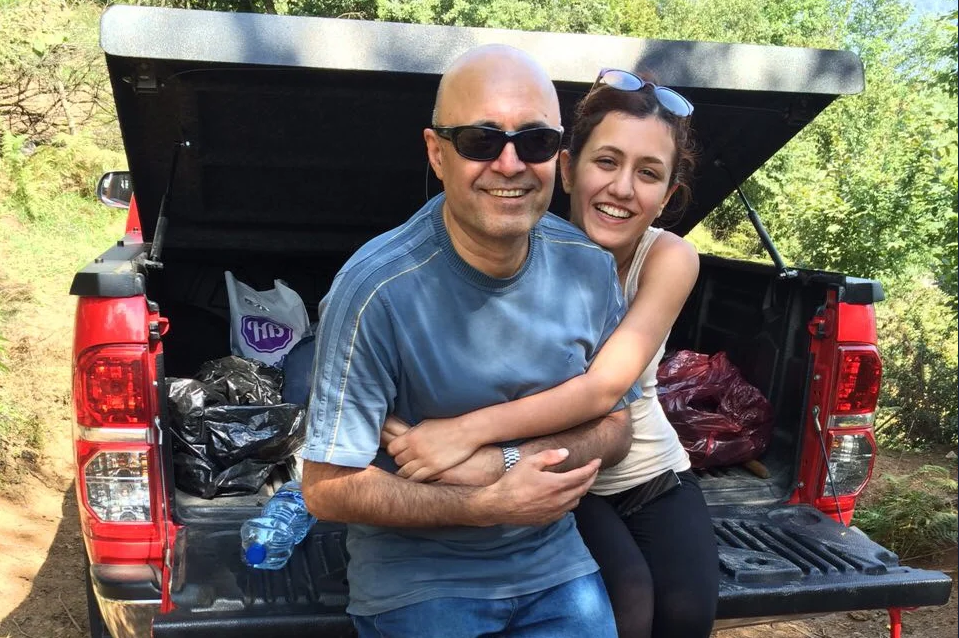
Seeking Refuge in Chains:
The Plight of Homayoun Sabetara•
In September 2022, Homayoun Sabetara, a native of Iran, was handed an 18-year prison sentence for “aiding unauthorized entry into the EU from third countries.” Having driven a car from Turkey to Greece with six others seeking refuge, he was apprehended by the police in Thessaloniki. For the past two…
-
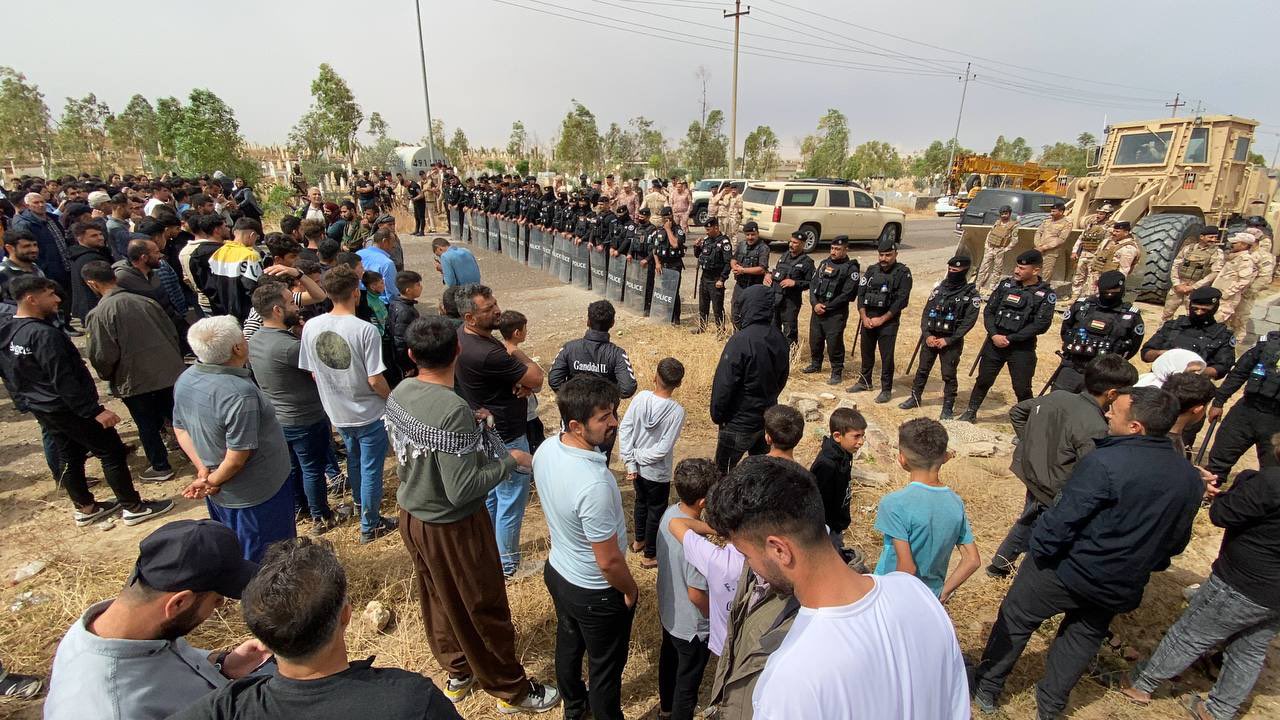
Makhmour Refugee Camp: A Sanctuary amidst Conflict
•
In distressing news, the Makhmour Camp, which has been frequently targeted by Turkish airstrikes, is now facing a siege by the Iraqi army. On May 20th, special army units accompanied by armored vehicles attempted to encircle the camp with wire fences and establish towers in strategic locations. However, the residents…
-
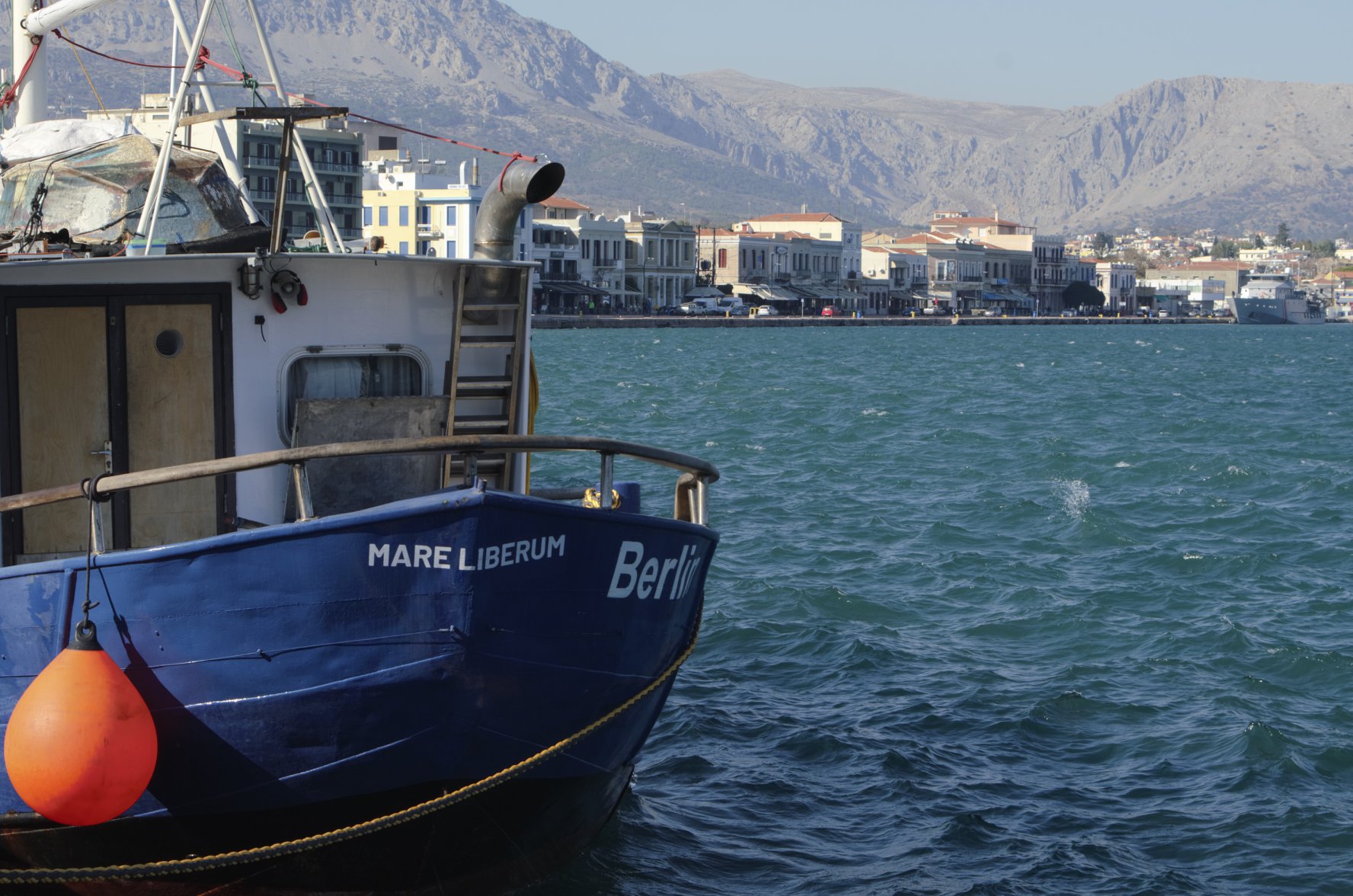
Obstruction and Repression:
Greek Law Forces Mare Liberum’s Dissolution•
In a somber announcement, the human rights monitoring group Mare Liberum has announced its withdrawal from Lesvos island, the end of its operations, and the dissolution of the association. The decision came after five years of operation in the Aegean, during which the group faced multiple forms of sabotage, obstruction,…
-
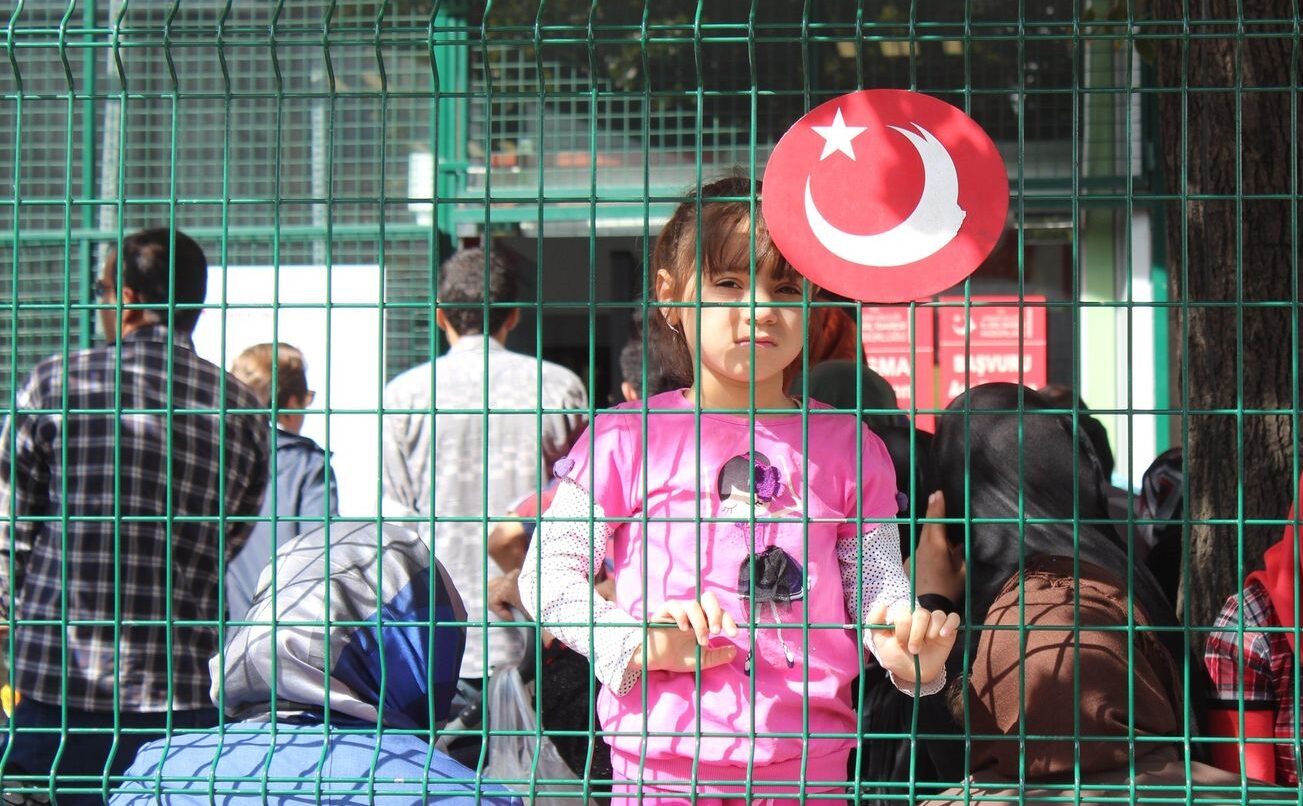
Ankara’s “Hospitality” Strategy: Syrian Refugees in Turkey
•
As the upcoming presidential election draws near, political parties are making a variety of promises on how to handle the refugee crisis. Unfortunately, one of the topics dominating election news is the potential deportation of refugees back to their home countries in order to stem the flow of movement across…
-
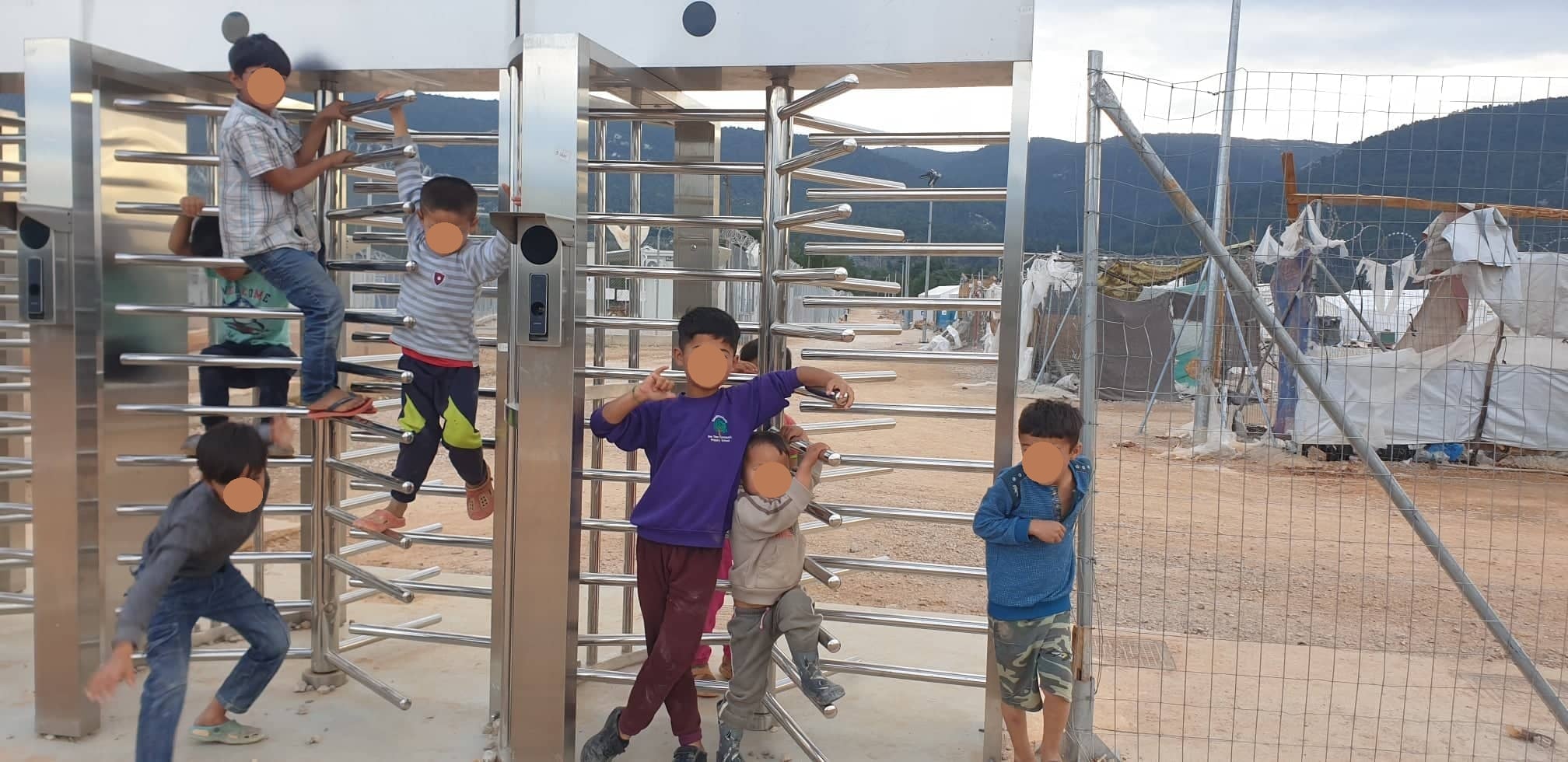
Refugee Camps in Greece: From Asylum to Imprisonment
•
The brutal reality of refugee camps in Greece has been exposed by the EODY workers’ union, who have issued a damning statement about the conditions faced by asylum seekers. According to the union, the government is turning Reception and Identification Centers into real prisons, complete with double NATO-style military fencing,…




